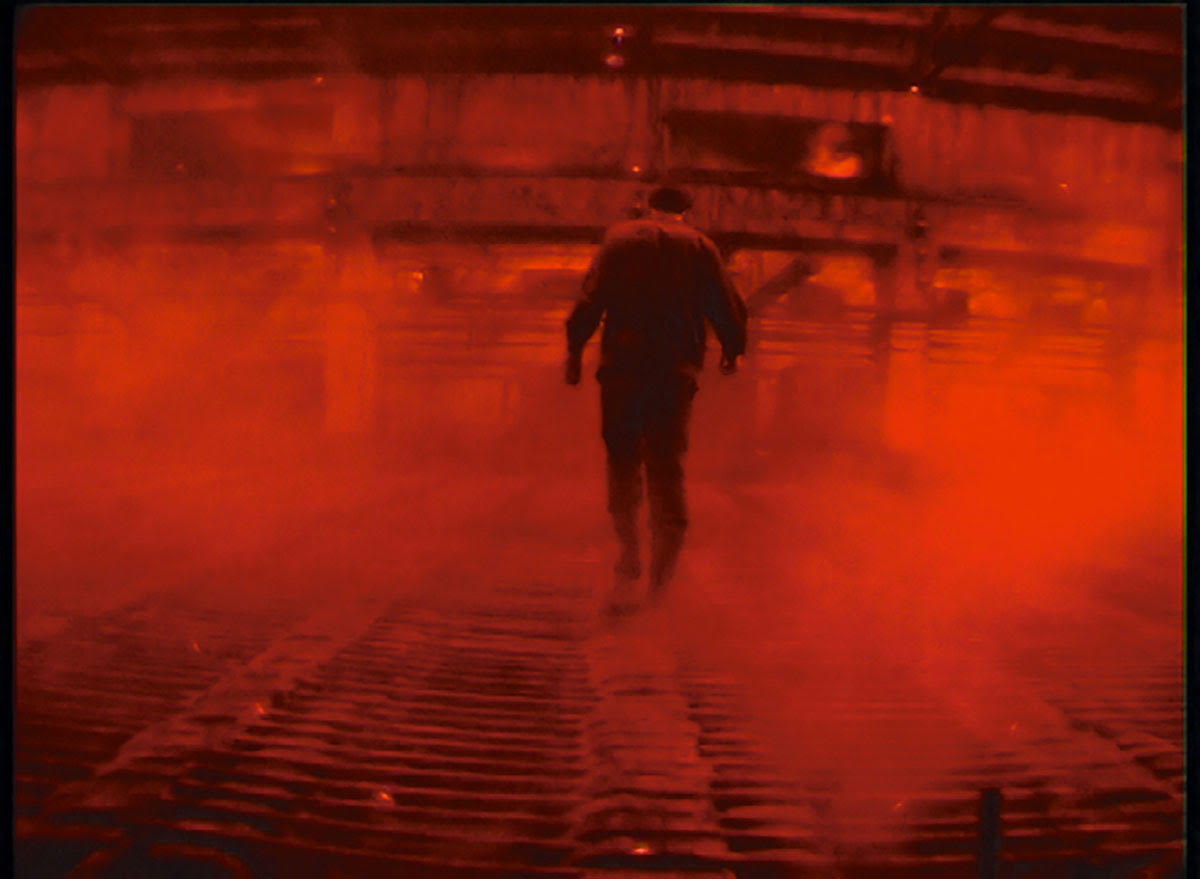The Critical Function
by Hicham Awad
May 1-19, 2023
Mondays, Wednesdays, and Fridays
4 - 5:30PM, Beirut-time (GMT+3)
This workshop will be held online
Register here
This chapter takes its name from an essay by French film critic Serge Daney, originally published in four parts in the pages of Cahiers du Cinéma between September 1973 and November 1974. The essay opens with a simple but fundamental question: “how do we ‘intervene’ on cinema?”.
Daney lays out a series of questions that film criticism is to work through to exit the impasse created by two dueling tendencies: one that considers aesthetic criteria as “equal (analogous or equivalent) to political criteria” and another that considers aesthetic criteria as “automatically flowing” from political criteria.
While Daney’s essay is not a guide or manual for writing politically about moving images, it offers, nonetheless, provocations that destabilize the foundations of much of film criticism popular both at the time of the essay’s publication and today. Daney cautions against the valorization of “edifying (in a religious sense)” political cinema and, instead, calls for a critical engagement with the ways in which ideology and pleasure, ambiguity and knowledge, and subjective and objective (class) interests, produce and are produced by all films. Reminding us that “every class possesses its own style of ideological struggle… its (positive) ideas,” he writes: “Positivity is not the exception, but the rule. All films are militant films.”
What would it entail to take Daney’s maxim (“All films are militant films”) seriously? Rather than only looking at edifying writing about edifying cinema, which, especially today, too often traffics in truistic reassurances of ’good politics’, the workshop also contends with conservative and reactionary filmic and film-critical work, not least because, pace Daney, any and every film is militant is positive “that is to say effective, appropriable, usable.”
In addition to revisiting key literature on the relations between aesthetics and politics, we will be examining writings by critics such as Renata Adler, Nicole Brenez, Waddah Charara, Serge Daney, Manny Farber, Glauber Rocha, Luc Moullet, Louis Skorecki, Susan Sontag, Frank B. Wilderson, and Armand White; and films by Borhane Alaouié, Lizzie Borden, Liliana Cavani, Marguerite Duras, Clint Eastwood, Samuel Fuller, D.W. Griffith, Gillo Pontecorvo, Otto Preminger, and Oscar Micheaux.
This list of critics and filmmakers is tentative, however, since one of the aims of the chapter is to forge connections across literary and cinematic work as a group, in response to participants’ interests.
Hicham Awad is a writer and editor living in New York. He holds an MA in Film and Visual Studies from Harvard University and teaches courses in film studies at The Cooper Union.









